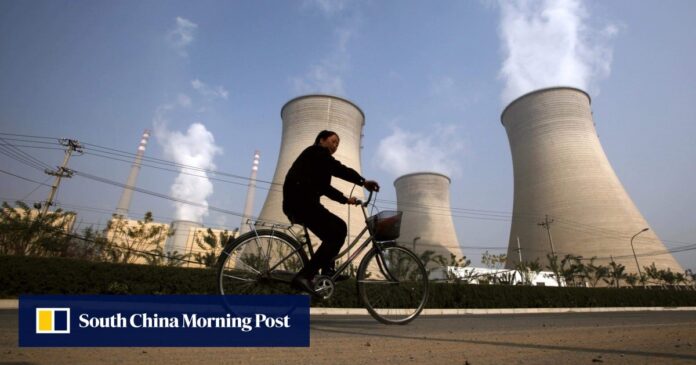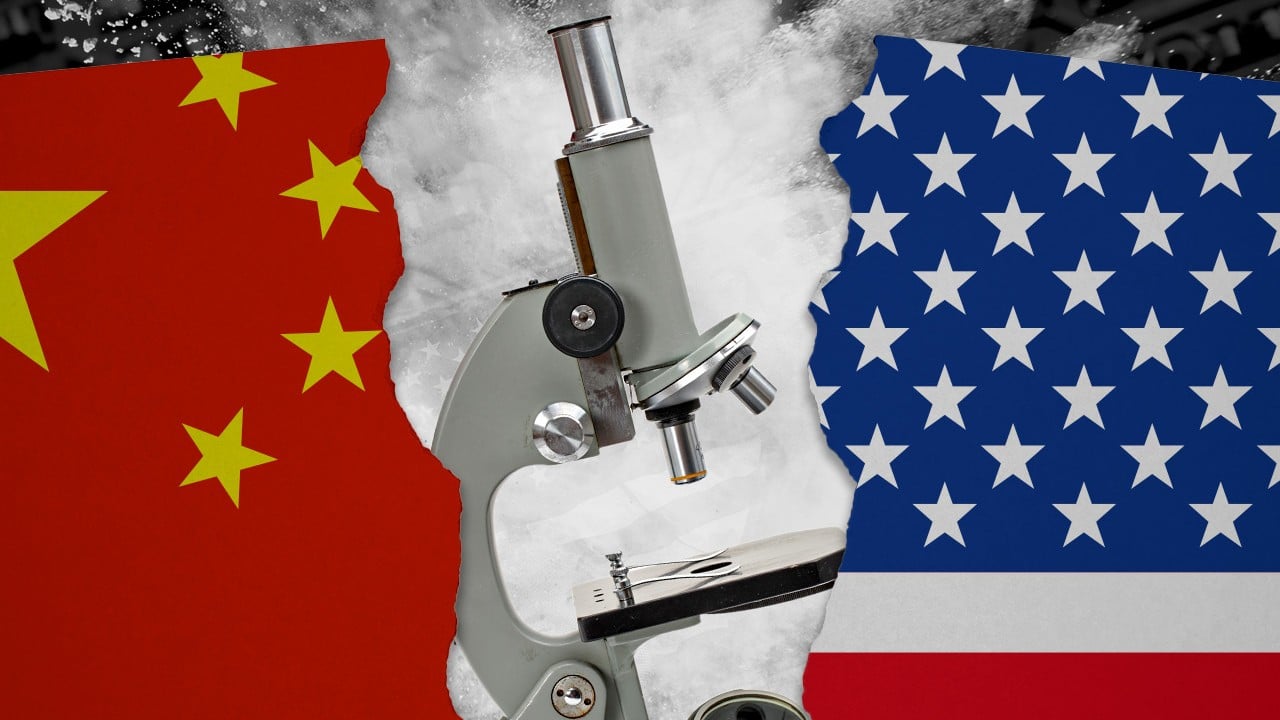Zhang Xiangyu, a specialist in intelligent control of new power systems, has left his job at the US National Renewable Energy Laboratory in Colorado to take up a post at Southeast University in Nanjing, Jiangsu province.
According to the university’s website, Zhang will be a doctoral supervisor and an associate researcher at its electrical engineering school.
Zhang was a postdoctoral research fellow at the laboratory from 2019 before becoming a tenured researcher at the laboratory from 2021 to April 2024.
The lab seeks to advance renewable energy and energy efficiency technologies – areas critical to China’s interests as it ramps up its technology and science drive to boost the country’s economy.
At the lab, Zhang studied the design of deep reinforcement learning algorithms for power systems and how innovative optimisation algorithms could be used in electricity systems, according to the school’s website.
He was also an algorithm engineering intern at Google in 2018, working with a team specialising in intelligent algorithms that improve energy efficiency, user experience and machine learning applications in household devices.
Zhang is one of a number of China-born scientists to take up positions in China after studying and working in the United States.
A steady stream of scientists have returned to China from the US since relations between the two countries nosedived in 2018 during the administration of US president Donald Trump.
In 2018, the administration launched the China Initiative as part of his national security strategy.
It allowed the US Department of Justice to investigate and prosecute “non-traditional collectors” such as Chinese researchers in labs, universities, and defence bases that “are being co-opted into transferring technology contrary to US interests”.
The department reportedly investigated thousands of scientists suspected of hiding Chinese connections but cases were quickly dropped due to lack of evidence.
The programme was formally ended by the Biden administration in 2022.
Zhang gained his bachelor’s degree at Wuhan University in 2012, and went on to earn his master’s at Tsinghua in 2014 and doctorate from Virginia Tech in 2018.


